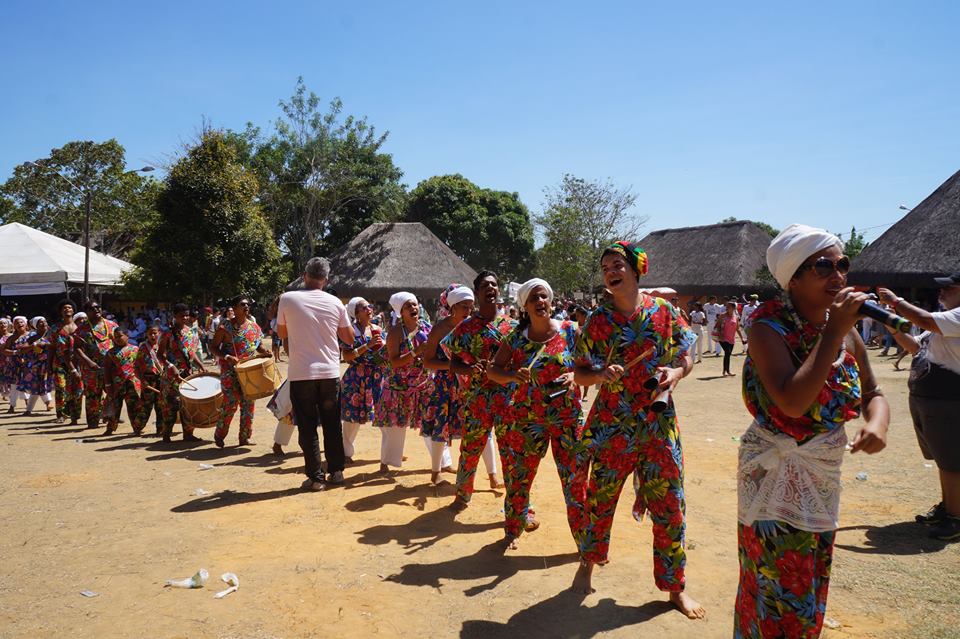
Have you heard of Tourism Characteristic Products? These are the activities and products that generate income for a particular region or locality, serving mainly tourists, but residents as well. These products include things such as cultural events, gastronomy, and the sale of handicrafts. This is one of the benefits that can be brought about through community tourism, and may also include the Brazilian quilombola communities.
This tourism practice, also called ethnotourism or even community-based ethnotourism, is committed to the sustainable development of the region. It is concerned, for example, with maintaining the local lifestyle and respecting local art, culture, and traditions. The tourists are immersed, witnessing the daily life of the people and their values. Visitors become part of that scenario for a few days. It is a rich experience that demands maturity, respect, and openness for a deeper encounter with the other party and the reality being showcased so closely.
Quilombola origins
There are still many side effects of slavery very present in Brazil, unfortunately, not to mention structural racism, which many insist on saying does not exist but is nevertheless latent. The truth is that remnants of the slavery system still exist throughout the world; and in Brazil, slavery lasted (officially) until 1888; therefore, there have only been 130 years of “freedom” for the descendants of the 3.5 million men and women that came, as prisoners, from the African continent.
The Remaining Territory of the Quilombola Community is a recent achievement and for many communities, a fight is still in progress. The Palmares Foundation has already recognized 3,040 quilombola communities and most of them have already received their official registration from the government through the responsible department, Incra, guaranteeing their right to their land.
To attest community ancestry, the Palmares Foundation uses self-attribution criteria, as well as the ILO Convention on Indigenous and Tribal Peoples.
The fight for the right to remain in the territory is just a part of the fight as a whole. Sustainable land management is a perennial challenge. Tourism developed in a sustainable way and with the protagonism of the community, can be of great help in this sense.
And how could community tourism be a good thing?
Community tourism can contribute to the strengthening of social capital, as it demands self-management and sharing among people interested in getting involved in the activity.
In addition to the resources coming from lodging in collective or family-receptive inns or guest houses, there are also the tourism characteristic products, which we’ve opened this article commenting about. It’s estimated that around 8.5 million Brazilians live today from handcraft production, according to a 2002 study by Banco do Nordeste, which accounts for 2.8% of the national GDP. According to the Brazilian Association of Bars and Restaurants (ABRASEL) and the Brazilian Association of Event Companies (ABEOC), the sectors of gastronomy and events correspond to 2.7% and 4.32% of the GDP, respectively.
Thus, community tourism is good precisely because it encourages these quilombola populations to remain as exactly as they are culturally, and generate resources to acquire the goods that they do not produce while also bearing other costs, including sustainable land management.
Community tourism moves the local economy as it attracts domestic and foreign tourists, and all this can be done in a sustainable and orderly way, without the great damage caused by mass tourism. We could start with the traveler’s own experience, as we believe community tourism can develop people’s empathy and increase human connection.
In Brazil, there are some quilombola communities that are notable for receiving visitors on their own terms, keeping their autonomy as a people while at the same time also leading tourism-related activity in their territories. We will be talking about them here in this space very soon. Stay tuned!
By Mariana Madureira
Foto: Reprodução/Fundação Cultural Palmares

